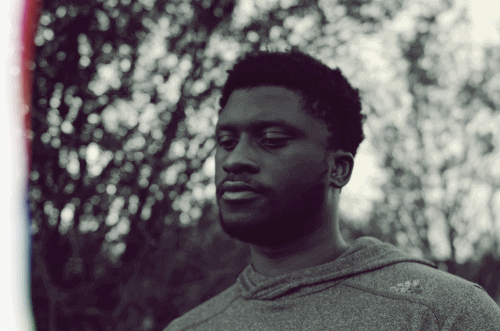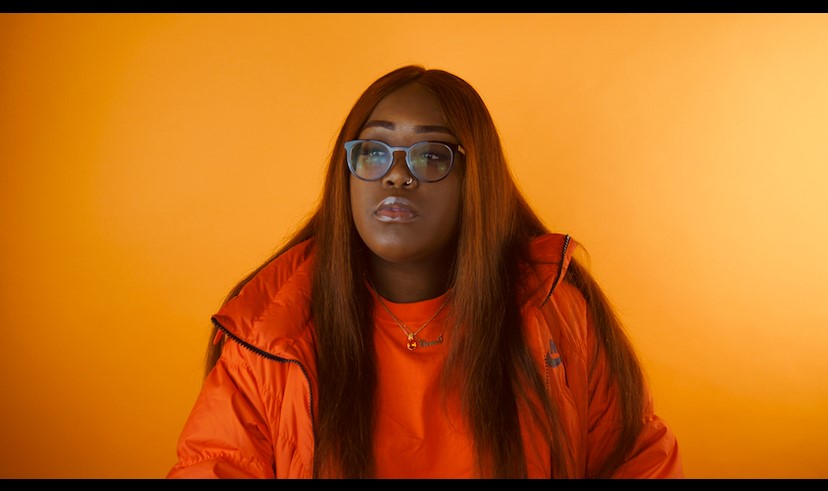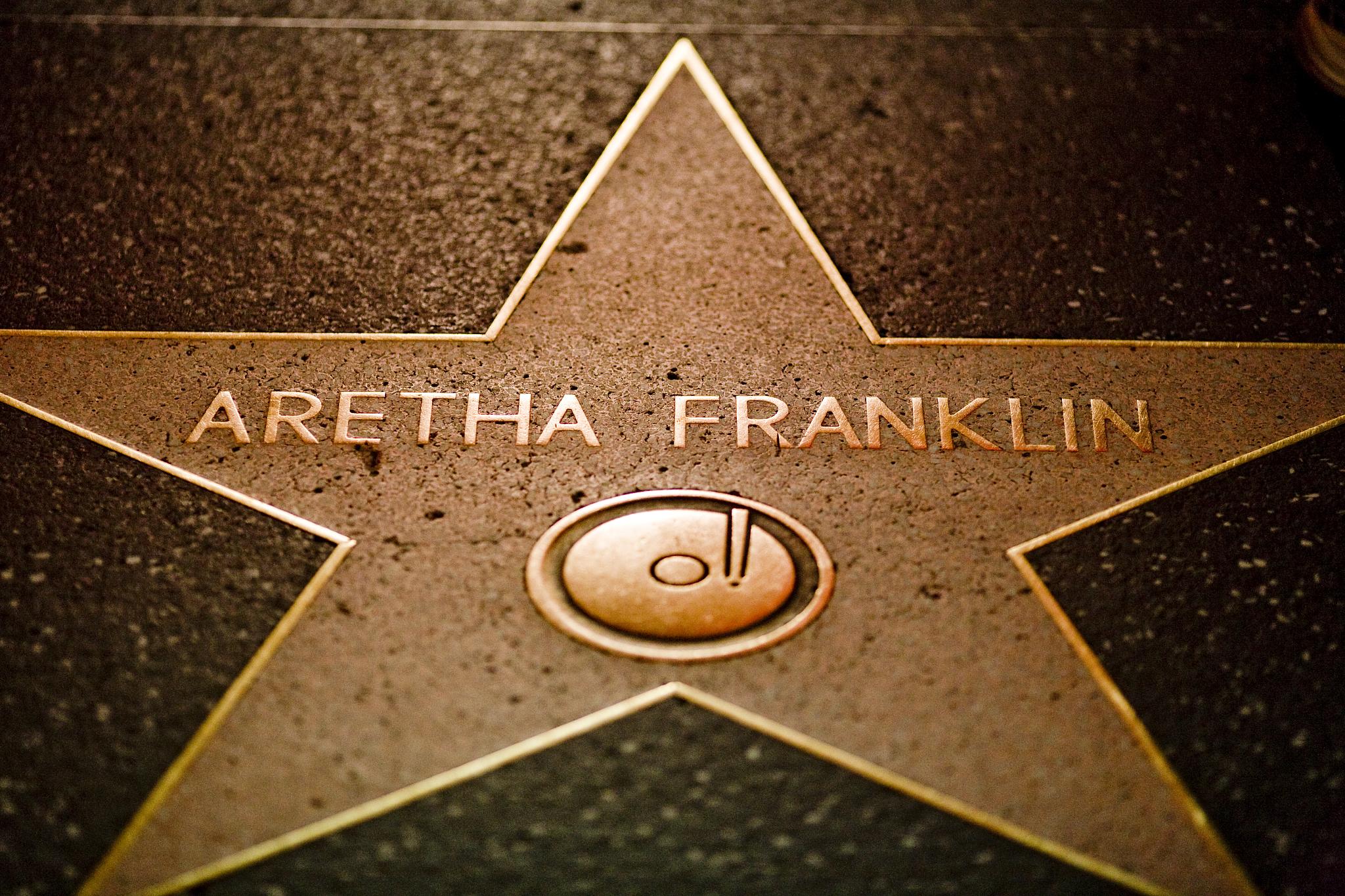Black History Month was founded in America by Carter G. Woodson and the Association for the Study of Negro Life in 1926 (originally Negro History Week). In the UK, it was introduced in 1987 by Ghanaian-born Akyaaba Addai Sebo.
“My Blackness is Not a Trend” by Emanuel J Burton
Track: Emanuel J Burton + @3digits
Photographer: @akoustudios
Mastered by: @thisismaterich
I don’t know if there is a number of words that can describe the centuries of pain and oppression my beautiful black heritage has faced. There is no single movement, no amount of awareness programmes and content that can be created to truly reflect and honour the lives that have been mistreated due to the colour of our skin. The pain runs deep. Knowing the reality. Knowing we are the culture. We are the sound. We are the dance. We are the fashion. Yet, we are the least profitable.
I fantasise of a world where we are all equal. No matter the hue, I.Q, pink, brown and blue. It’s extremely painful to write this, talking about rights that you’re supposed to have makes me wonder if they really even exist. As I sink into the abyss, I scream for freedom. But, we are powerful and excellent regardless of your opinions.
It’s impossible to teach black history in one month. Young black youth deserve to hear about the black pioneers and inventors in our mainstream education and curriculum. We deserve to know about our history every day. Let’s not make this a trend. Let’s make this a genuine approach to make black people feel accepted every day. Let’s take away the stigmas and the stereotypes.
I am fighting for black lives and I’m proud, but I am fighting for everyone. I am standing for world peace. Black History Month shouldn’t be an excuse to ignore African history for the rest of the eleven months.
The racial disparities run deep. It’s bigger than just highlighting a particular race. We have to do better as a whole – to love more, respect each other and treat everyone fairly. “If the families who have been victims to slavery were compensated for their hardship, then there wouldn’t be a need for BHM”.
I appreciate and understand the initiative to keep it ingrained in our calendar. Even though slavery and racial injustice are illegal, it still exists. It’s institutionalised. People see our colour before they see us, intuitively. We are not the stereotypes. We are not second class. We are all in this together. Sadly, BHM is a reminder that we aren’t there yet. We have to do better.



